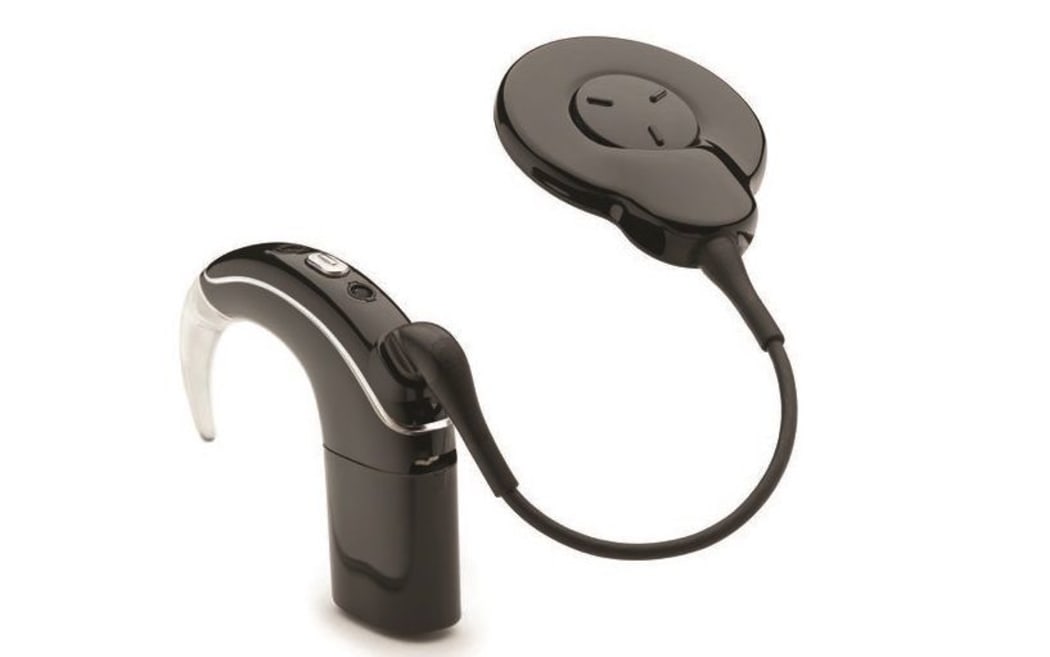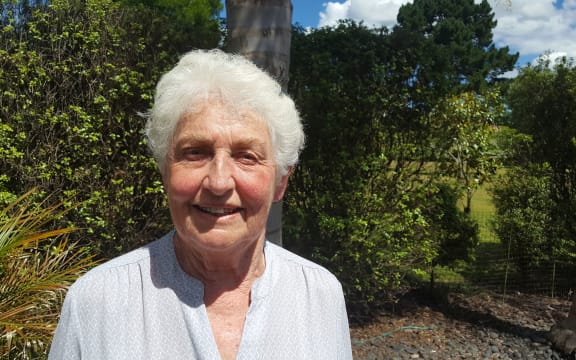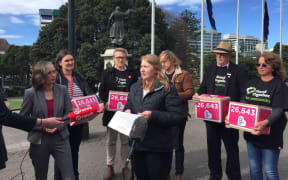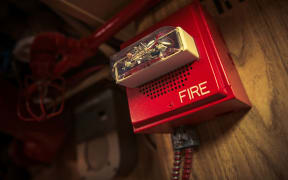Profoundly deaf people are bypassing a waiting list and paying to get their first Cochlear implant because they can't bear to wait several years before they get their hearing back.

A Cochlear implant device Photo: Supplied
More funding for the cochlear implants - which can change the life of a deaf person - is needed, say advocates.
The implant is an electronic device that is surgically implanted and provides a sense of sound to a person as it bypasses the normal hearing process.
A small sound-processor, looking very much like a hearing aid, sits just behind the ear and transmits a signal to the implant.

Dr Bill Baber Photo: Supplied
Auckland ear, nose and throat surgeon Bill Baber helped with the first implant operation in 1986 in New Zealand and has specialised in them ever since.
He said that because the inner ear was not working, the implant stimulated the nerve endings.
"Sound is then broken down into its components, filtered through to the implant, reassembled and then it stimulates the nerve."
Hamilton woman Ngaire Mathews, 75, received her first Cochlear implant three years ago and a second one in October.
She said they had changed her life.
"I had a good life before, but my deafness was frustrating because I knew I was not using my full potential.
"It is a sad fact that I had to give away my career (as a physiotherapist) at the age of 48 because of my deafness."

Hamilton woman Ngaire Mathews, who has received two Cochlear implants. Photo: RNZ / Andrew McRae
About 700 people now have Cochlear implants in New Zealand.
An implant costs about $50,000 and while there is government funding for the first one, there is a long waiting list.
There is no public funding for a second implant.
All children and young people up until the age of 19 do receive both implants for free.
A petition signed by 26,000 people was presented to Parliament in August, urging the government to take action on the backlog.
Ms Mathews said the waiting list for public funding of a person's first Cochlear implant was frustrating.
"A lot of people don't want to wait three to four years or longer and do pay for their first one."
The criteria to receive a Cochlear implant was tough.
Dr Baber said about a third of the people who came in wanting an implant were turned away after being assessed.
A nine-point scoring was used and included how a person's deafness affected their work, family life, income and loneliness.
"It is a pretty rigourous process."
Mr Baber supported the call for more public funding for Cochlear implants.
"They are considered the third most cost-effective high-tech medical intervention there is."





